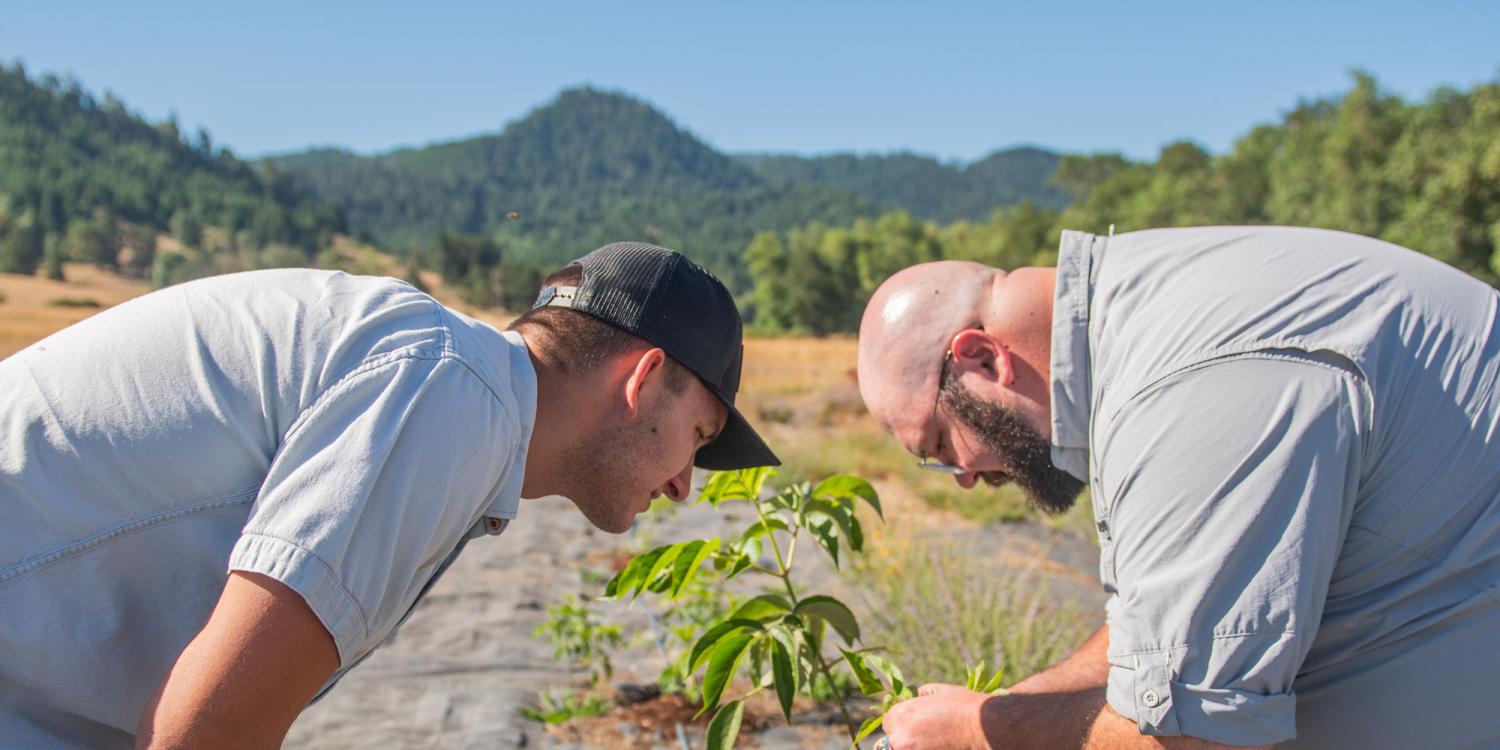
A majority of the 35,547 farms in Oregon are small-acreage, meaning they are 50 acres or less in area. The smallest farms, or those with less than 10 acres, account for 32% of all farms. Farms between 10 and 50 acres account for 35% of all farms. The mission of the Oregon State University Extension Service Small Farms Program is to advance sustainable agriculture, community food systems and economic progress for Oregon's small-acreage farmers and ranchers. The program works toward improving small farm horticultural production and small-scale livestock, poultry & forage production.
With a presence in half of Oregon's 36 counties and the Confederate Tribes of Warm Springs, and a nationally recognized annual small farms conference held each February, the Small Farms Program today rivals any in the country.
The program's objectives include:
- Offering a wide variety of classes, including many topics suggested by local farmers, to become the resource they need for education and answers.
- Improving stewardship practices of small-acreage landowners.
- Improving soil and water quality and conservation.
- Being as a resource for small farm alternative and specialty marketing, through local and regional food systems and farm-direct marketing channels.
- Facilitating farmers knowing other farmers. The program supports hosts four Women Farmer Networks throughout the state.
The program's ongoing projects include agritourism, beginning farmers, dry farming, organic agriculture and olive research. One of the many program's many resources is "Whole Farm Management: From Start-Up to Sustainability," a comprehensive guide available for purchase developed to help aspiring and beginner farmers make smart business decisions to ensure lasting success.